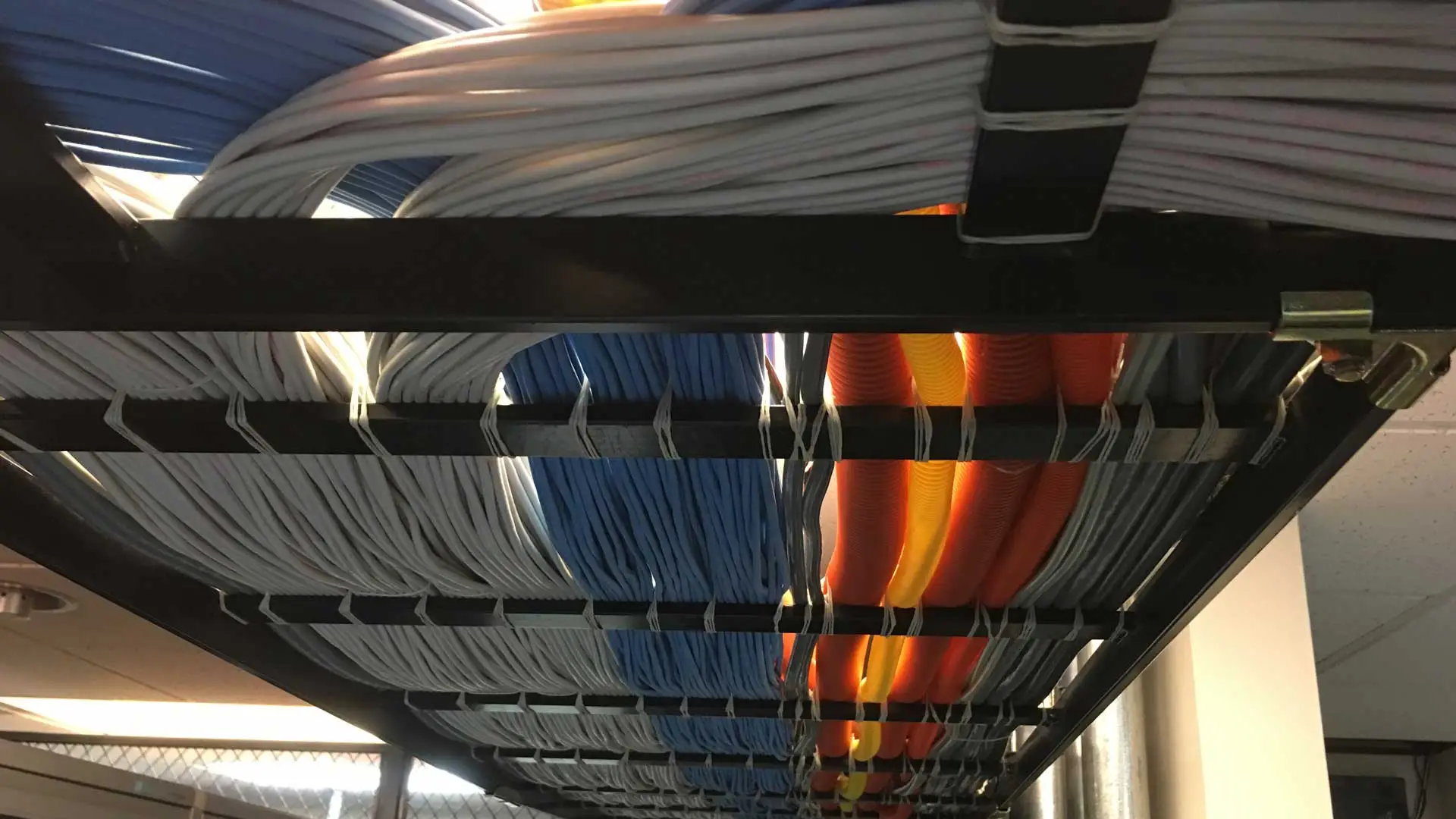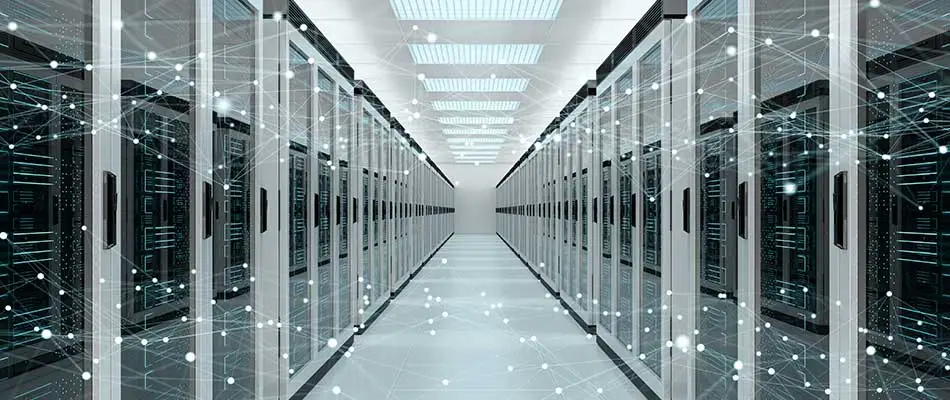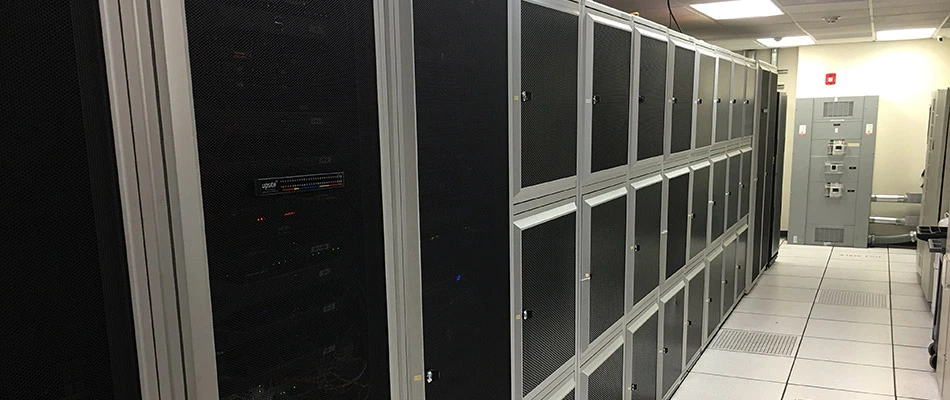
Insight
Check here for information regarding cloud services, colocation, virtual desktop offerings

Check here for information regarding cloud services, colocation, virtual desktop offerings

As the data needs of companies grow, they should evaluate moving from on-premises computing to off-site data processing for fast, secure access and business continuity. As cloud-based technologies grow and become more reliable, newer options have emerged.
Rather than housing their own IT infrastructure, companies and individuals have the option of choosing traditional colocation services with dedicated servers that house their data at a third-party data center virtual colocation, which involves the storage and compute on a cloud-based system at a remote data center; or a hybrid option using both. All choices come with a set of pros and cons for prospective clients to weigh.
Key considerations are CapEx vs. OpEx and total cost of ownership (TCO). Which is best for you? Well, like a lot of things, the answer is - it depends! Most importantly, it depends on your business needs. Many customers have compliance requirements or unique business propositions and applications that are better served by traditional colocation. Some content providers need to be in carrier-neutral data centers with access to lots of networks for best performance. Other businesses can meet their business needs with less upfront cost and greater scalability through virtual colocation.
In any event, both are provided through data centers that provide improved uptime and business continuity through redundant cooling systems, redundant UPSs, SLAs, back-up generators and security.

As businesses search for options to store their data, they need to know what options are available to them. Many options exist, such as colocation, virtual private servers, and shared web hosting.
Each option offers different features, but colocation is one that may need a bit more explanation for those who are new to the concept of off-site data storage. Businesses in Orlando, Space Coast, Tampa, and other areas of Florida should consider colocation for a number of reasons.
Colocation facilities are data center facilities that house numerous servers. A colo facility allows businesses to rent server and computing hardware space. Colocation services are an excellent option for businesses to store their data.
Of course, a colo may not be the best option for each business. So, to determine whether it’s right for you, we’ll discuss how colocation works and explore its features and benefits.
A colocation data center is a building that houses rentable racks and cabinets that store your equipment. The building itself has high physical security to protect the equipment inside. The data center facility has redundant power, meaning the power system is backed up by uninterruptible power supplies (UPS) and generators. So if the electricity at the data center goes out, your servers are still powered by other means.
Redundant cooling systems are...

No matter where you may be located in the United States, there is a possibility that a disaster could strike. From tornadoes to fires to hurricanes to floods, disasters can happen at any time. For businesses, it’s paramount to have a disaster recovery plan in place.
A key component of that disaster recovery plan should be where and how you plan to store your data. If a wildfire rushes through your area and there’s no time to save data, then you could be out years of records and other invaluable business information if the data isn’t securely stored elsewhere.
Here’s why colocation should be included in your business disaster recovery plan if you live in Orlando, Space Coast, Tampa, and other Florida areas as well as other parts of the United States.
When you host and store your data in the same building as your business, you’re taking a risk. In the event of a disaster such as a fire or flash flood, you could be looking at a complete and total loss without off-site data storage. Losing years of information, data, billing info, and other aspects of your business without any backup can be disastrous in itself, but if you have that information stored off-site, it will be protected.
When your data and applications are stored off-site, it may still be...

So, you have built yourself a small data center for your growing business. You have a few servers and things seem to be going alright — but could they be better? Even if your data center is supplying your needs right now, a good business-mindset would keep you focused on ways to improve your business and stop wasting money. Unfortunately, you might not even know the ways you are wasting money, so we have put together a small list of reasons you are simply letting your money slip away by not using a data center for your company’s IT needs.
Bandwidth is a huge factor when running a successful data center, as you may have already figured out. Unfortunately it is not usually unlimited for any individual business with access to only one internet service provider, neither is it very cheap. Not only are data centers located in areas where a number of high-quality internet providers overlap, they have more purchasing power than you, and can therefore negotiate better prices. Another wall that may prove to be annoying is that lying high-bandwidth fiber can simply be out of reach for most businesses with small data centers. This is because the price of laying fibers just to reach your business is often estimated at $10,000 per mile.
Here is another thing to consider — If you think that the simple cost of your monthly usage is the only way your business will be paying due to bandwidth, then you are sorely mistaken. As your business grows, you...

When considering a data center, there are many options to think about, but one that should be looked at is whether or not the data center is carrier neutral. A carrier-neutral data center offers multiple options for connectivity, whereas a non-carrier-neutral data center only has one option.
Here are some reasons your business in Orlando, Space Coast, Tampa, and other Florida areas should consider using a carrier-neutral data center for your colocation provider.
Carrier neutrality is very important to a data center customer, as it gives options for blended connectivity. A non-carrier-neutral data center only leaves you with one service option and limited connectivity options. With a carrier-neutral data center, the business gets several advantages over a non-carrier-neutral data center.
Using a carrier-neutral data center has many advantages, including:
